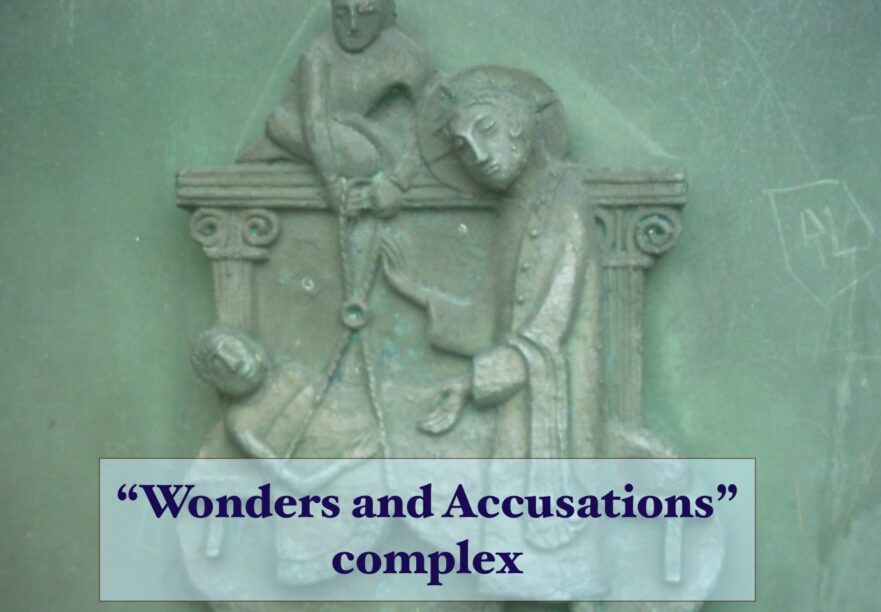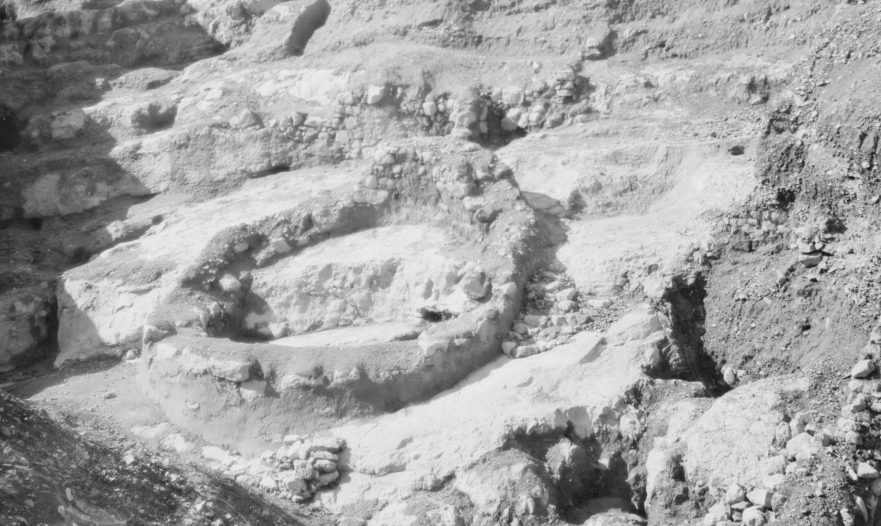A collection of stories about Jesus’ healing power and the controversy it provoked.
Evidence of Pro-Roman Leanings in the Gospel of Matthew
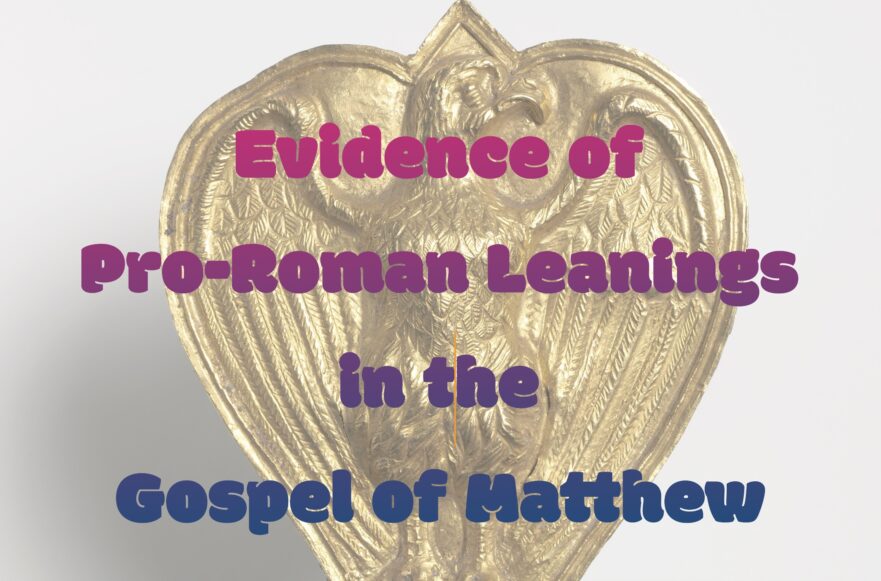
Hindsight and political expedience shaped the author of Matthew’s view of the Roman Empire.
Carrion Birds
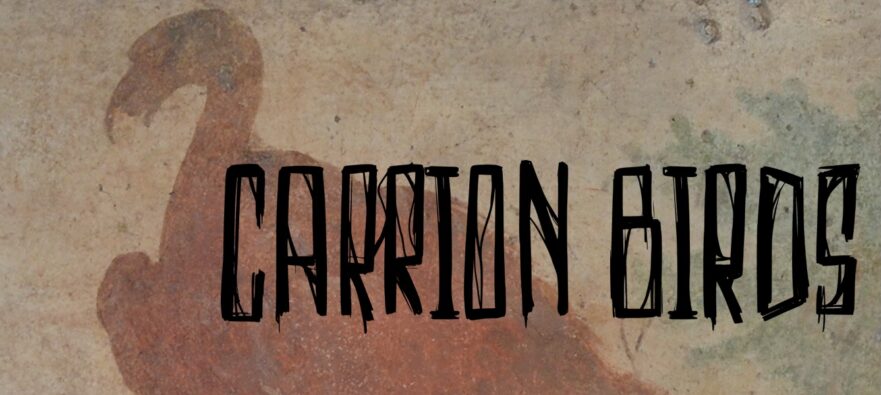
Carrion Birds describes the enormity of the destruction Jesus foresaw. Israel would be rendered carrion to be picked over by the Roman legions.
Lesson of Lot’s Wife

Lot’s wife serves as a warning that overattachment to possessions can come at the cost of one’s life.
Days of the Son of Man
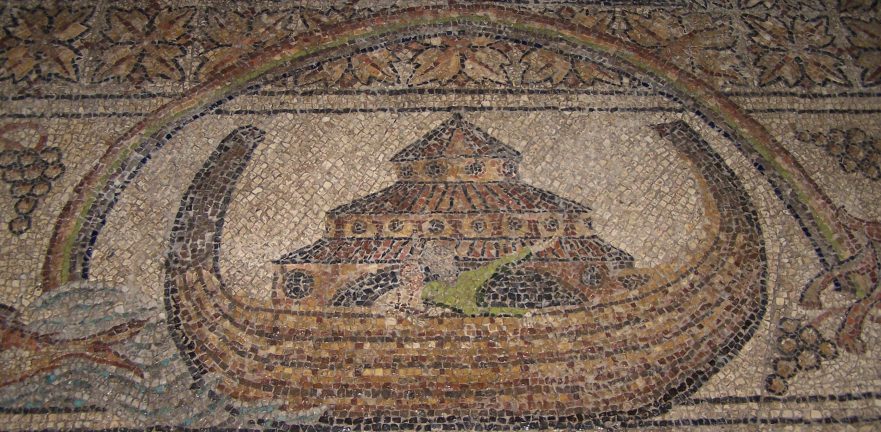
In Jesus’ saying, the Son of Man does not function as the agent of destruction, any more than Noah did in the time of the flood or Lot did in the last days of Sodom and Gomorrah.
Sign-Seeking Generation
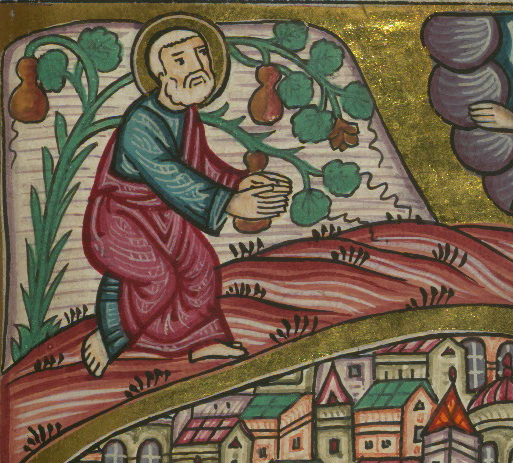
What was “the sign of Jonah”? This LOY segment offers a new and surprising answer.
Innocent Blood
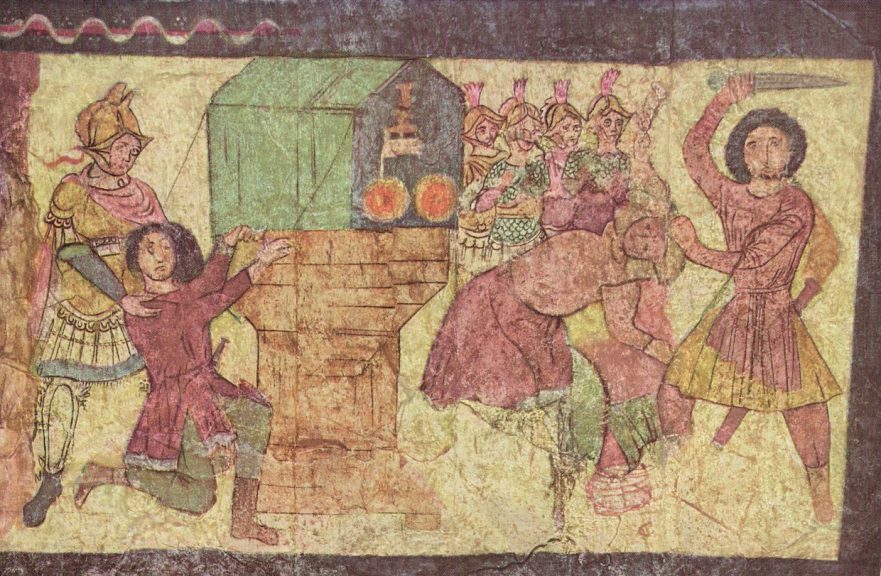
How well-read was Jesus? The LOY segment entitled Innocent Blood probes the possibility that Jesus read and quoted a no-longer-extant Second Temple-period Jewish literary work that warned against violent religious extremism.
Generations That Repented Long Ago
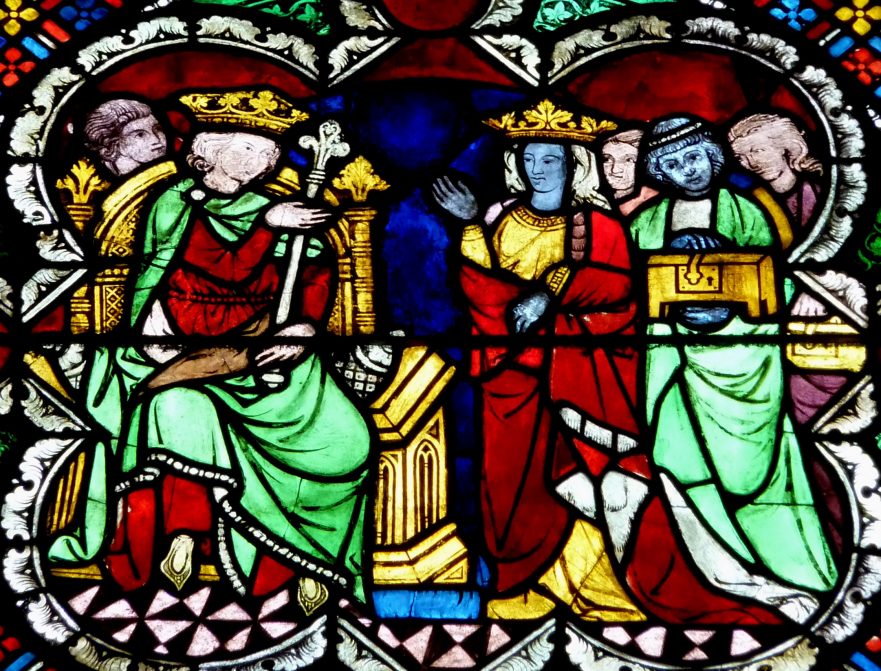
Did Jesus condemn his contemporaries for failing to recognize him as the Messiah or for something more insidious?
Woes on Three Villages
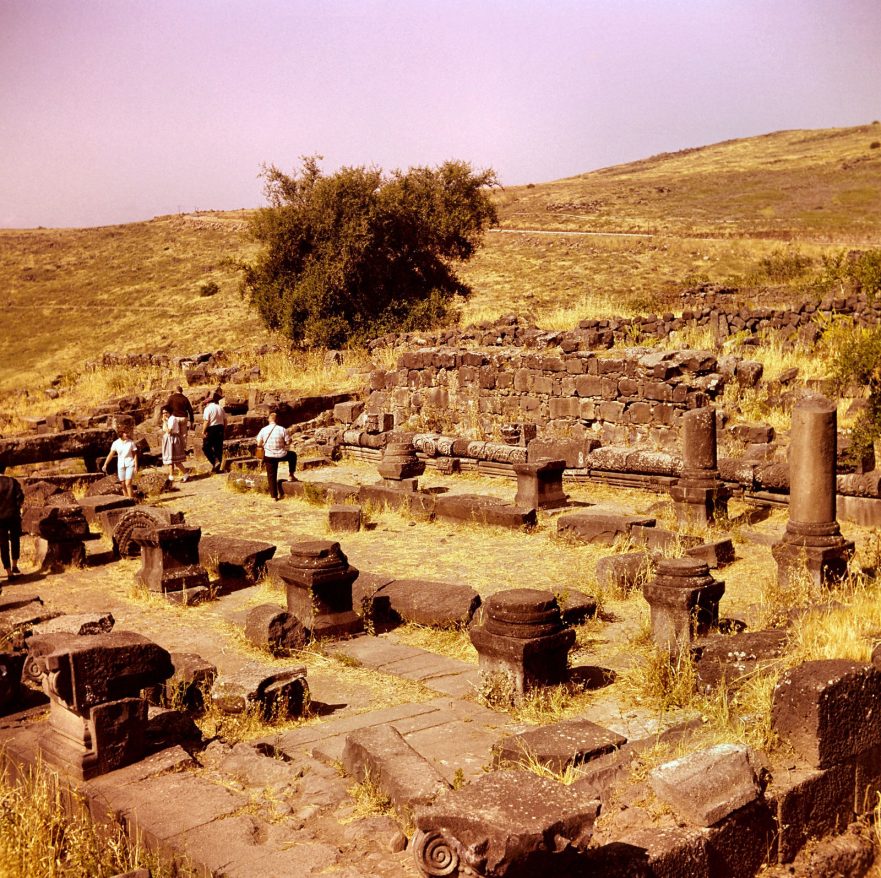
The Woes on Three Villages express Jesus’ sorrow that Chorazin, Bethsaida and Capernaum had not responded to his warning not to get sucked into the black hole of violent religious nationalism.
An Almost Unknown Hanina ben Dosa Story and Jesus: Exemplars of First-century Galilean Hasidic Judaism
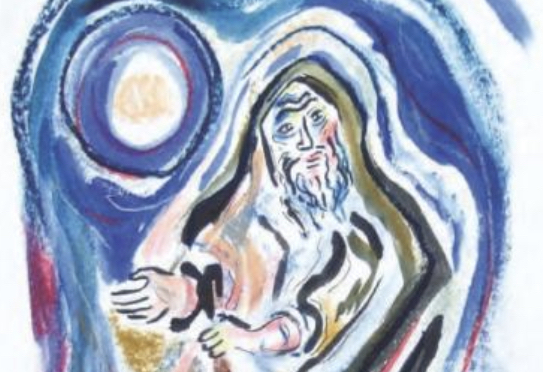
This story shows Hanina ben Dosa, one of the most important religious figures in Jewish history, exemplifying some of Jesus’ most profound and radical teachings.
A Voice Crying
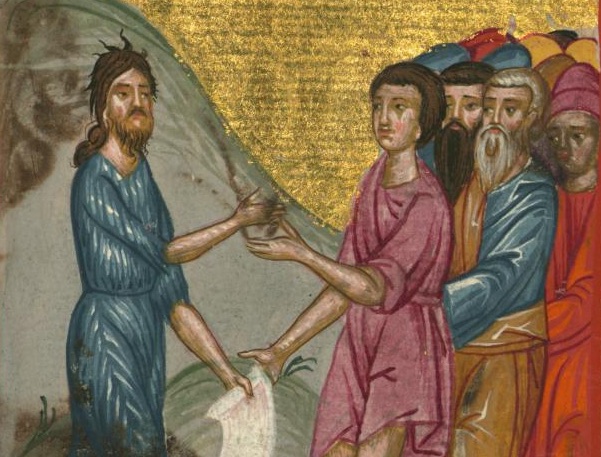
An examination of the Jewish setting of John the Baptist’s proclamation of an immersion of repentance for the release of Israel’s sin indebtedness.
“Choose Repentance or Destruction” complex
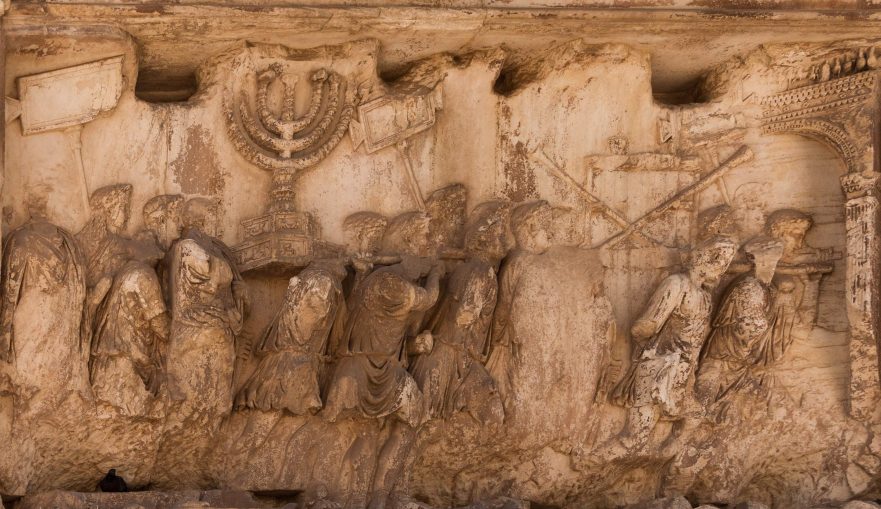
In the “Choose Repentance or Destruction” complex Jesus urges his contemporaries to repent or face dire consequences in this world and in the world to come.
Like Lightning from Heaven (Luke 10:18): Jesus’ Apocalyptic Vision of the Fall of Satan
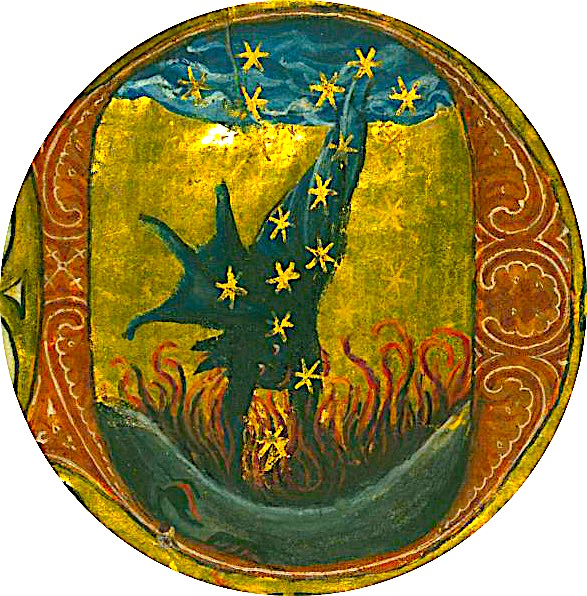
Did Jesus’ vision of Satan plummeting from heaven have a symbolic meaning that is not readily apparent to modern readers?
Why Do the Wicked Prosper?
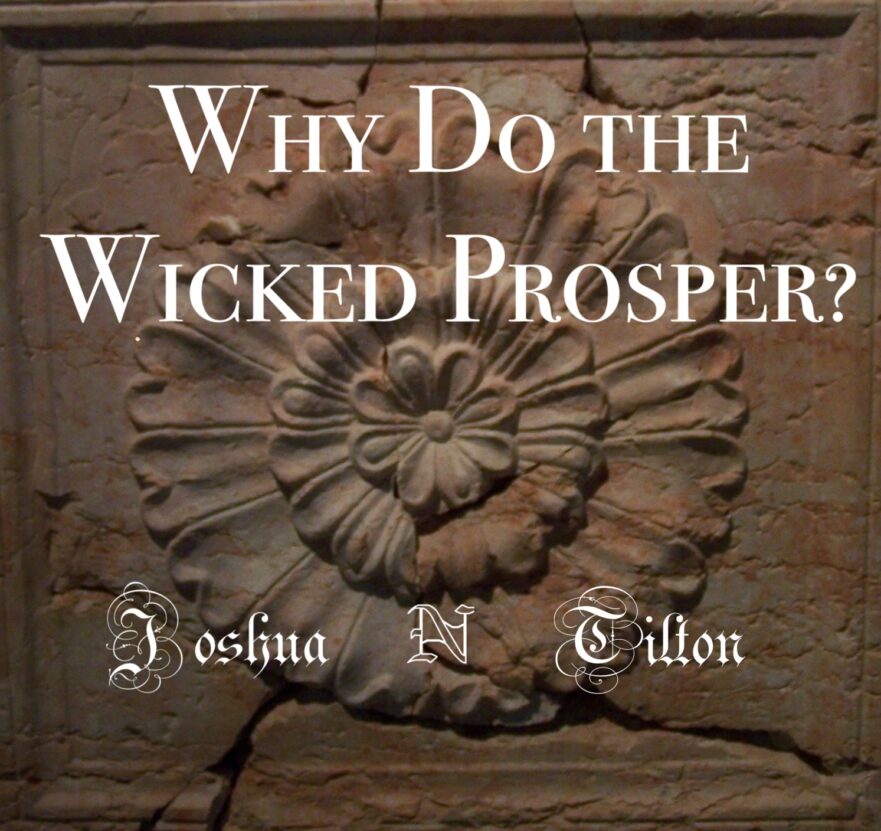
Why do the wicked prosper? No one knows, but ancient Jewish thinkers reminded the faithful that appearances are not always what they seem.
A Declaration of Independence and a Pledge of Allegiance

In this blog, Joshua Tilton shares his personal reflections on the Lord’s Prayer based on his research for the Life of Yeshua project.
May His Memory Be for a Blessing

The recent death of author and Nobel laureate Elie Wiesel reminds us that we are living at a time when the survivors of the Holocaust are becoming fewer. The eyewitnesses to the horrors of the Nazi extermination program have done all they can do to entrust the memory and the responsibility of what happened to the next generations. How will we handle this awesome responsibility?
The Census of Quirinius and Luke 2
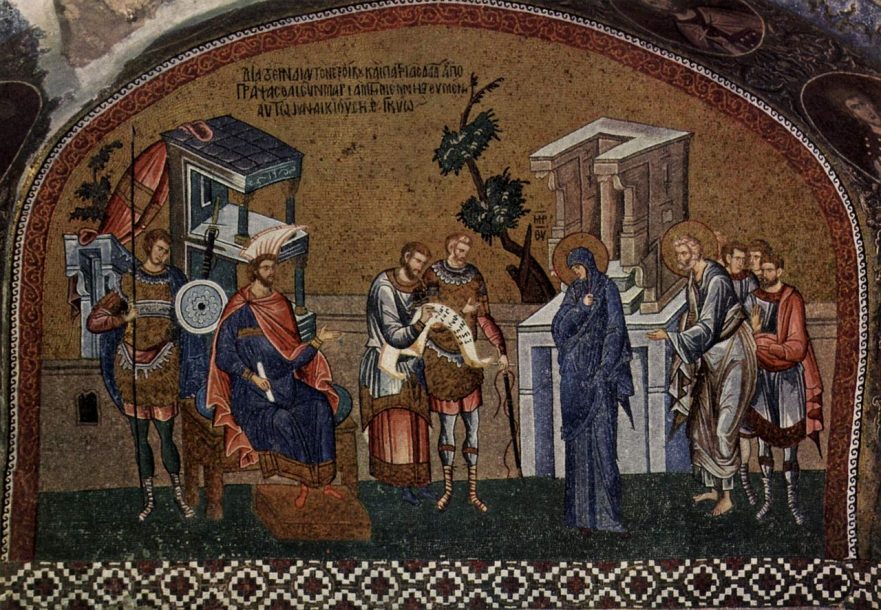
Modern readers tend to overlook the significance of the date of Quirinius’ census in the Infancy Narrative of Luke’s Gospel.
- Page 1 of 2
- 1
- 2

